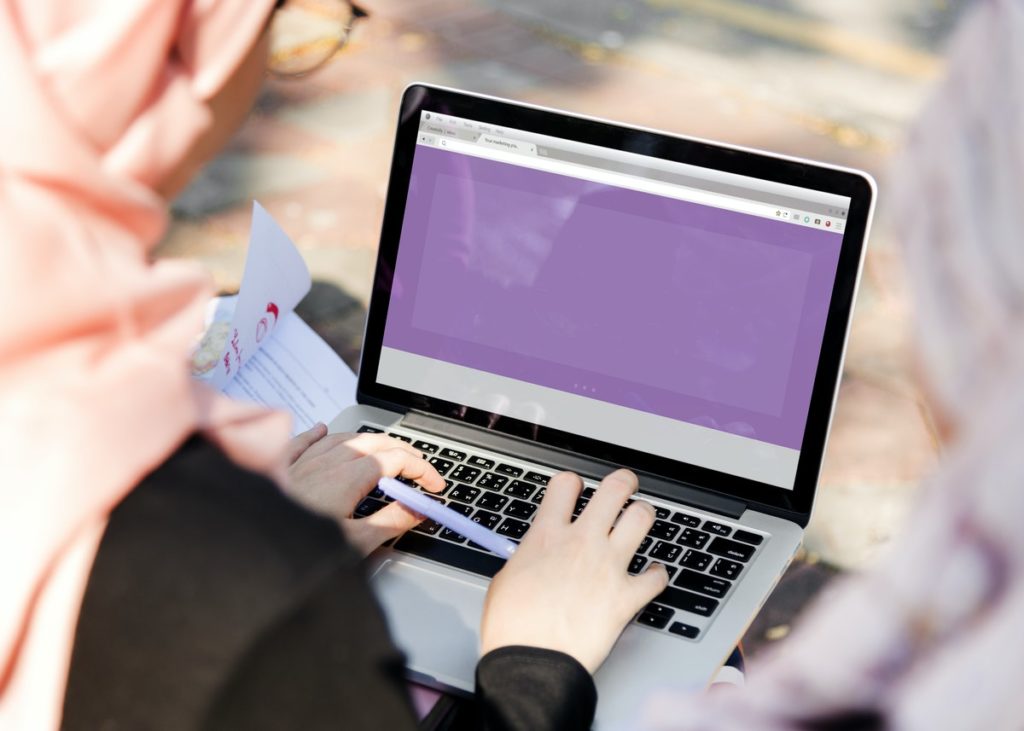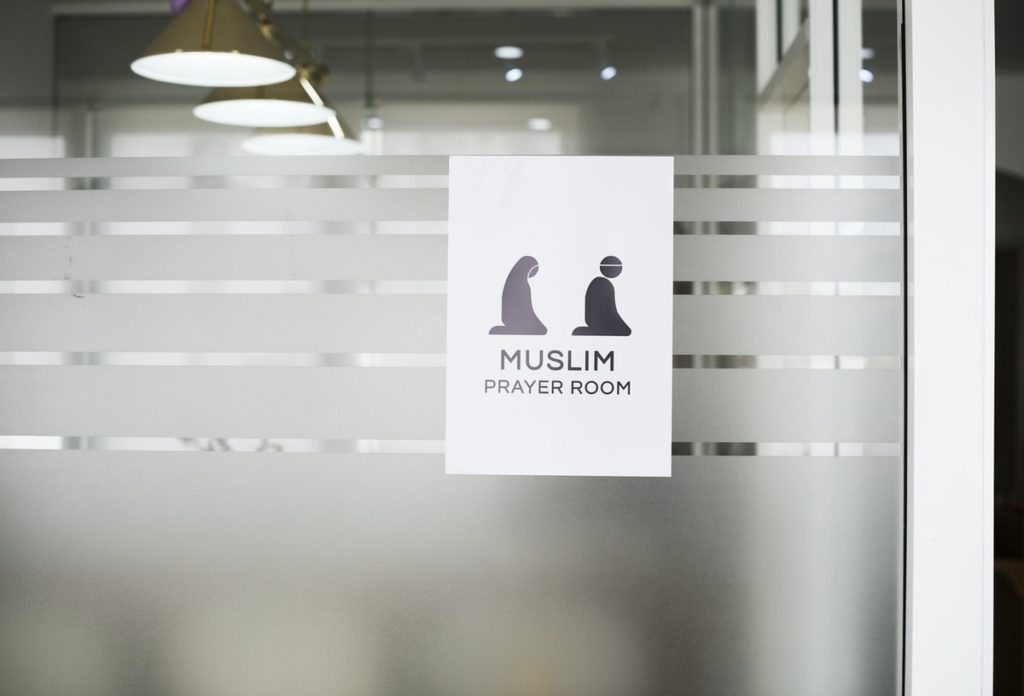COVID-19 advice
Looking for practical advice on supporting staff through the coronavirus pandemic and other common employment scenarios? Visit our free Coronavirus Advice Hub for answers.
Millions of Muslims across the country are currently observing Ramadan – complicated somewhat this year by the current lockdown measures.
Ramadan started on either 24 or 25 April, depending upon which school of thought Muslims follow, and lasts for approximately 30 days, culminating in the celebration of Eid Ul-Fitr. During this period, Muslims will fast from sunrise to sunset, and will not eat food, drink liquids or smoke. It is also a time of prayer, reflection and giving to charity.
In this article, we will highlight the key practical considerations that employers and managers need to be aware of when managing employees who observe Ramadan during COVID-19.
The basic legal principle
It is against the law to treat an employee less favourably because of their religion or belief. This means that employers cannot dismiss someone, refuse to promote them or deny them training because of their religion.
Flexible working

Working from home should be implemented wherever possible during the current lockdown. However, if this is not possible, you should think about whether it is viable to implement temporary flexible working arrangements for Muslim employees during Ramadan. This may involve being flexible about working hours, rest times and duties. For example, you may allow employees to start their working day later, work through lunch or leave work earlier.
Free Download:
Definitive Guide to Flexible Working
Prayer
For Muslims, visiting the Mosque and praying in congregation is a key component of Ramadan. However, during COVID-19, this will not be possible as all places of worship have been advised to remain closed.
Although this is the case, it does not mean that Muslims are not going to pray. In fact, many Mosques have advised Muslims to stay at home and pray with their families. If your business is open during Ramadan, you may also consider whether it is possible to allow short breaks for prayers or provide a room for employees to pray in.
Employers who have a rule about no praying in the workplace will need to think about whether indirect discrimination could arise. This rule would apply to all employees; however, it wouldn’t adversely impact a Roman Catholic, who wouldn’t normally be expected to pray at set times during the day, but would adversely impact a Muslim where there is that requirement.
Health and safety
Fasting can have an impact on employees’ concentration and judgement. As such, employers should consider whether there are any health and safety risks that need to be addressed to ensure everyone in the workplace is safe. This is especially the case if the employee is operating heavy machinery or undertaking a dangerous role.
Performance
Fasting can also affect employees’ performance, productivity and morale. Keep in mind that if you penalise or discipline an employee due to the fact that they are fasting, you leave yourself open to claims of unlawful discrimination.
Harassment
Employers should attempt to make everyone in the workplace aware of Ramadan – putting a notice in the common room or circulating an email. It is important in any workplace that employees are sensitive to people’s religious and personal beliefs and show understanding and tolerance.
Making jokes or comments to an employee because their productivity is lower than normal due to fasting could lead to claims of harassment on the ground of religious belief.
Scheduling

During the lockdown, many employers are using alternative means of engaging with their employees through the use of applications such as Microsoft Teams, Zoom or Skype. If you have Muslim employees working from home, or even if you have Muslim employees currently attending work, consider scheduling meetings and appraisals in the morning or at the start of their shift when they have the most energy. If you are unsure what time would be best, engage with employees so that you can hopefully agree a time that suits everyone.
Annual leave requests
Despite currently being in lockdown, you may notice that you receive a high number of annual leave requests during this time, especially around the time of Eid Ul-Fitr (Eid), in the hope that Mosques may be open by this time. Although this remains unclear, employees may still wish to spend Eid with their loved ones at home.
There is no legal automatic entitlement to time off – employees will need to submit their requests in accordance with your company’s annual leave policy. Of course, you may be not be able to grant all requests, but you should try to be as reasonable, fair and accommodating as possible. If you refuse a holiday, you should have clear business reasons to justify the negative response.
It is worth reminding employees at the start of a new leave year that they should book holidays early to avoid disappointment. Where possible, encourage employees to coordinate with their colleagues to work out any disputes over leave.
Speak to a professional
Facing a difficult workforce dilemma? Not sure where you stand legally? Whether you’re worried about potential discrimination or looking for guidance on the employment consequences of COVID-19, our Employment Law specialists can help you to weigh up your options, resolve issues quickly, and minimise the risk of claims.







